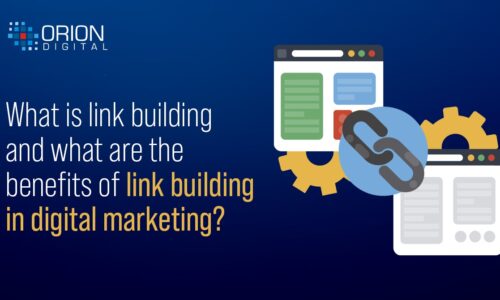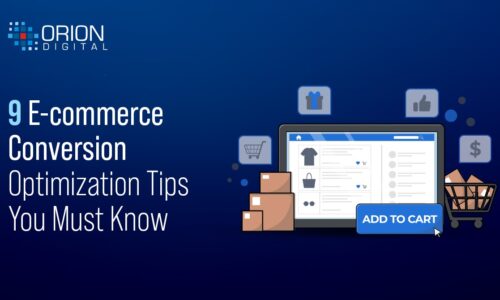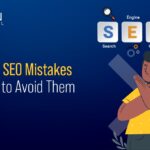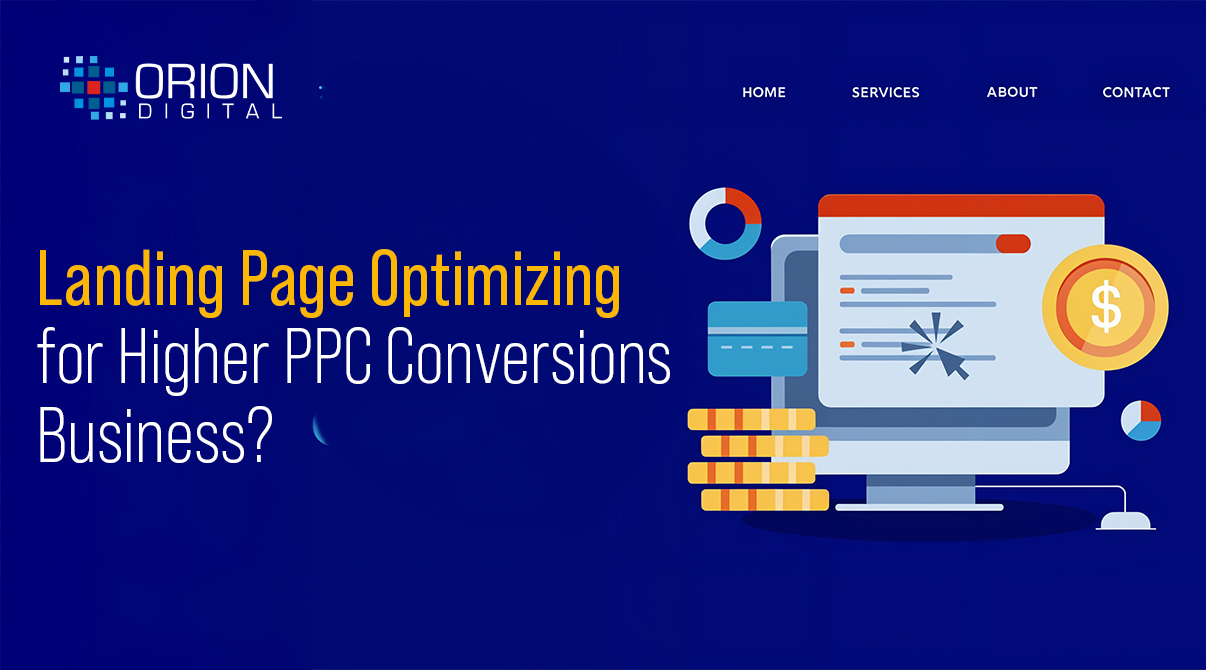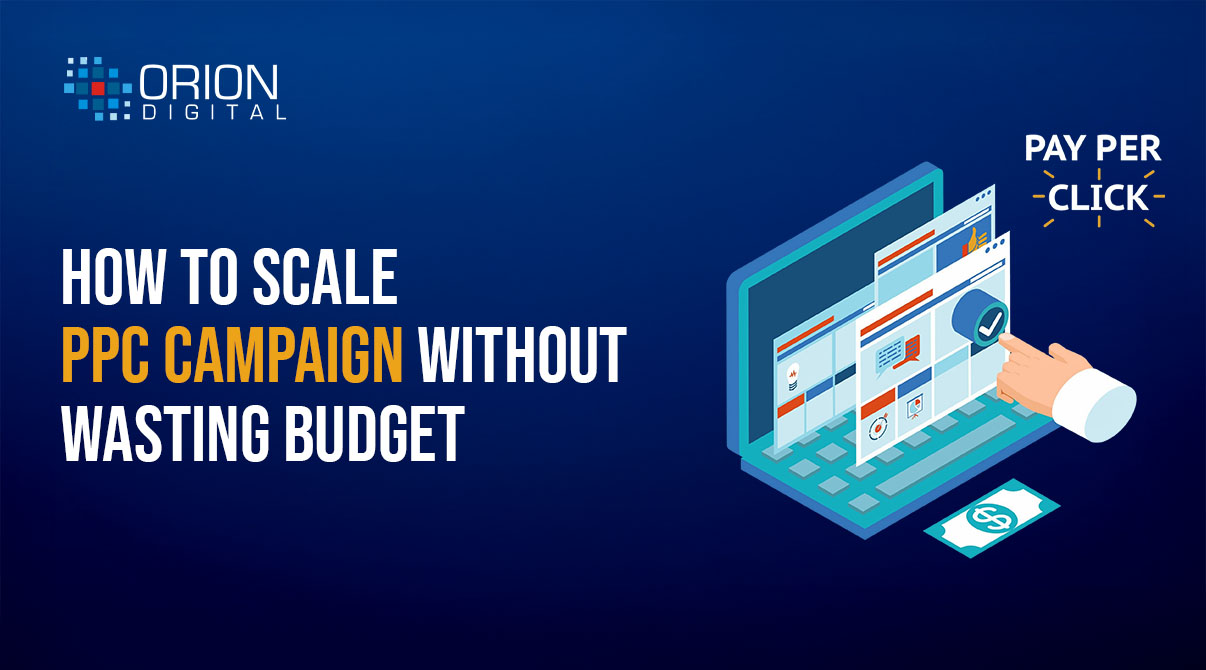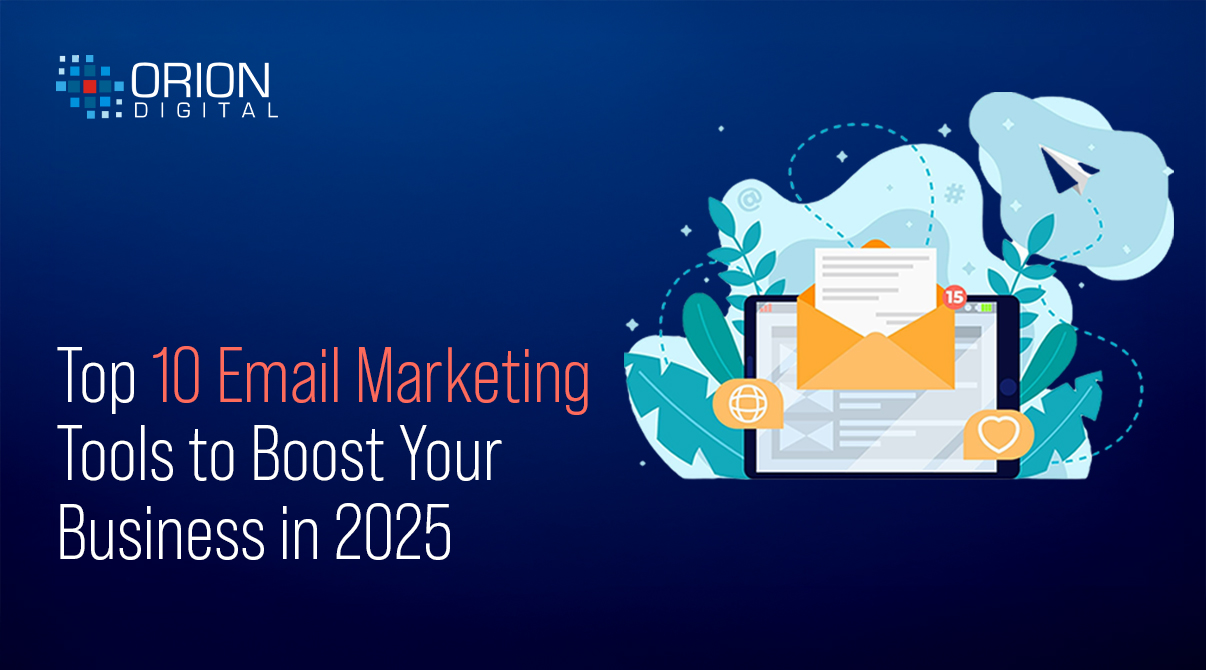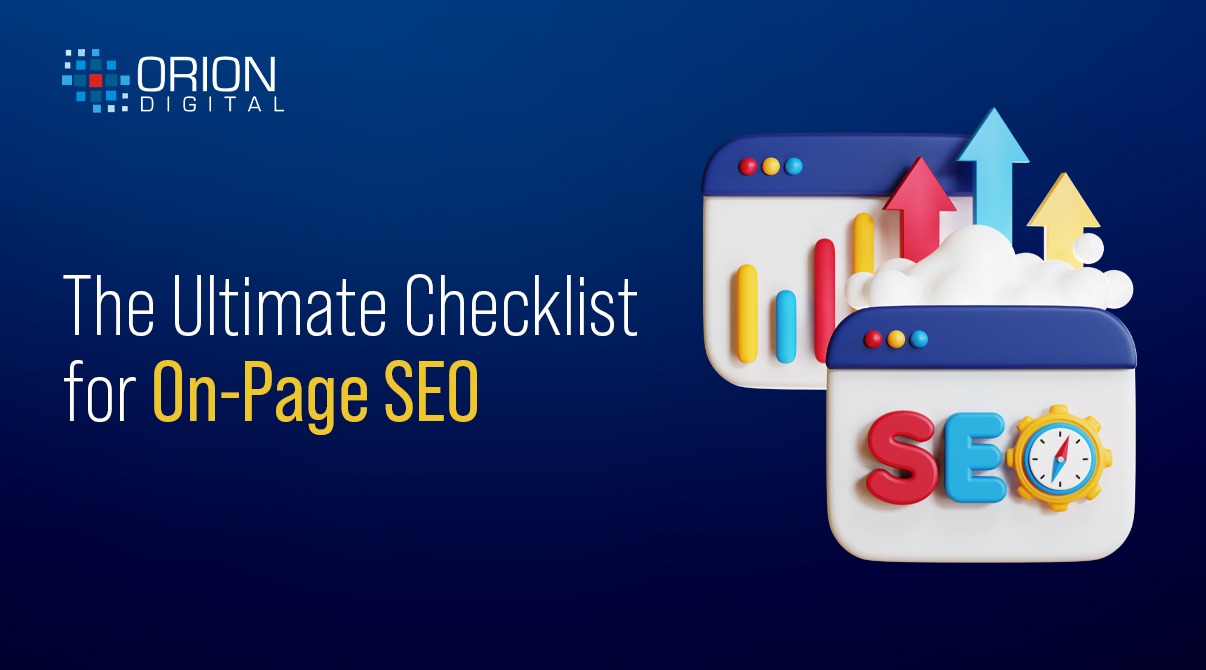
The Ultimate Checklist for On-Page SEO
- Naveen N
- June 12, 2024
- SEO
- on-page seo, SEO
- 0 Comments
Optimizing your website for search engines is necessary for achieving online success. On-page SEO, the practice of optimizing individual web pages to rank higher in search engine results, is a critical aspect of any comprehensive SEO strategy. By improving your on-page elements, you can enhance your site’s visibility, attract more qualified traffic, and ultimately drive conversions. This blog post aims to provide a comprehensive checklist that will guide you through the essential steps of on-page SEO, ensuring that your website is primed for search engine success.
Keyword Research: The Foundation of On-Page SEO
Effective keyword research is the cornerstone of any successful on-page SEO strategy. It involves identifying the search terms and phrases that your target audience is using to find information related to your products or services. By incorporating these keywords strategically throughout your website, you can improve your chances of ranking higher in search engine results pages (SERPs).
Identify Relevant Keywords
Start by brainstorming a list of potential keywords that are closely related to your business, products, or services. Consider the language and phrases your target audience might use when searching for information online. Additionally, leverage keyword research tools like Google Keyword Planner, SEMrush, or Ahrefs to uncover additional relevant keywords and analyze their search volume and competition levels.
Analyze Search Intent
Not all keywords are created equal. It’s crucial to understand the search intent behind each keyword to ensure that your content aligns with what users are looking for. Are they seeking informational content, or are they ready to make a purchase? By understanding search intent, you can tailor your content and optimize your pages accordingly. To know these keywords and improve your rankings, you can contact the best SEO agency in Delhi NCR.
Optimize On-Page Elements
Once you have identified your target keywords, it’s time to strategically incorporate them throughout your web pages. However, it’s important to strike a balance between keyword optimization and creating a seamless user experience.
Title Tags and Meta Descriptions
Title tags and meta descriptions are crucial on-page elements that significantly impact your click-through rates (CTRs) in search results. Craft compelling and keyword-rich titles and meta descriptions that accurately represent the content of your pages while enticing users to click through.
Header Tags and Content Optimization
Header tags (H1, H2, H3, etc.) help search engines understand the structure and hierarchy of your content. Use your target keywords in these header tags to signal their importance to search engines. Additionally, ensure that your page content is well-written, and informative, and incorporates your keywords naturally and without overusing them (keyword stuffing).
Image Optimization
Optimizing images for search engines can improve user experience and provide additional opportunities for visibility. Ensure that your images have descriptive file names and alt text that include relevant keywords. Additionally, compress your images to improve page load times, which is a ranking factor for search engines.
Technical On-Page Factors
While content optimization is crucial, several technical on-page SEO factors can impact your search engine rankings.
URL Structure
Clean and descriptive URLs that include relevant keywords can improve user experience and signal relevance to search engines. Avoid using lengthy, convoluted URLs, and instead, opt for a simple and descriptive structure that incorporates your target keywords.
Page Speed and Mobile Friendliness
Google and other search engines prioritize websites that offer a seamless user experience, particularly on mobile devices. Ensure that your pages load quickly and are optimized for mobile devices by compressing images, minifying code, and implementing responsive design.
Internal Linking
Internal linking plays a crucial role in on-page SEO by helping search engines understand the structure and hierarchy of your website. Strategically link to relevant pages within your site using descriptive anchor text that incorporates your target keywords.
Continuous Monitoring and Optimization
On-page SEO is an ongoing process that requires continuous monitoring and optimization. Search engine algorithms are constantly evolving, and user behavior and preferences can change over time.
Track and Analyze Performance
Regularly monitor your website’s performance in search engine results pages (SERPs) and analyze key metrics such as organic traffic, click-through rates, and conversions. This data will help you identify areas for improvement and make data-driven decisions about your on-page SEO strategy.
Stay Updated on SEO Best Practices
The world of SEO is constantly changing, with search engines introducing new algorithms and best practices. Stay informed about the latest developments in the industry by following reputable SEO blogs, attending webinars or conferences, and connecting with the SEO community. You can also read our blogs where we keep you updated on updates brought by Google and other search engines.
Continuously Optimize and refine
Based on your performance analysis and industry trends, continuously refine and optimize your on-page SEO strategy. This may involve updating content, adjusting keywords, or implementing new technical optimizations to stay ahead of the competition and maintain your search engine visibility.
Ready to Take Your SEO to the Next Level?
If you’re looking for expert guidance and support to optimize your on-page SEO and drive more qualified traffic to your website, consider partnering with Orion Digital. As a leading digital marketing agency in Delhi NCR, Orion Digital specializes in developing comprehensive SEO strategies that deliver measurable results. Our team of experienced professionals can help you navigate the complexities of on-page optimization, ensuring that your website is primed for success in the ever-changing search landscape.
